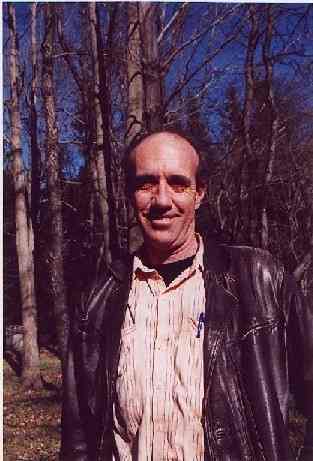TRADITION
I have been reading Karen Armstrong's new religious history, "The Great Transformation." I love her books and have read them all. This newest book fills a gap in the history books as it is an explanation of what is called The Axial Age. The Axial Age is a peculiar stage in human history, from approximately 800 BCE to 200 BCE, when the major regions of the civilized world;
As I read the book I cannot help but reflect on what I see happening around me. One of the things that I hear frequently is the need for a return to tradition. That puzzles me. I wonder what tradition they mean. How far back should we go? Humans are funny, funny peculiar that is – not funny ha ha, about tradition. A tradition needs to be only a week or so old and we will assume it has permanence. A tradition that is a hundred years old seems hoary with meaning and one a thousand years old, no matter how much it may have been modified in the intervening years, well that is awesome. It never ceases to amaze me that, just because someone a thousand years ago wrote something, it must be full of inner meaning that we today cannot possibly totally understand but we know it is significant. What if it was just stupid? There are a couple of these ancient tomes that I have read that are just that – stupid. Yet they are revered texts. Oh well.
As I read the book and learn how our solid traditions evolved I wonder why we think they have value. As Ms. Armstrong explains so well, but which any thinking person should already realize, traditions are cultural responses to changing conditions and values. They are the way that a culture defines itself in that moment. In and of themselves they mean nothing other than as a cultural response.
One of the things that I really liked about my teacher, Pir Vilayat Inayat Khan, and his teachings was that, though he would use historical references and an extensive knowledge of the ancient Sufi's, he always insisted that what he was about was the creation of a new paradigm. He continually stated that we are the mid-wives of the Holistic Age (his word for what we usually call the New Age). I would think that means that we are obligated to stretch ourselves out and discover what has not been yet done.
Now I hear that we should return to tradition.
As a Sufi I feel that it is my job to not only know what has been done in the past but also to respond to the future energy pulling us forward. Anything else is turning ones back on the future, embracing the past and creating a comfortable cocoon which protects us but has no value to evolution. But it is scary; after all the future is essentially unknown. Oh, you might get some precognition I suppose. Lots of people do but the wholeness of it is unknown since, in the real world sense, it has not happened.
I think that a lot of people do sense something unfolding and are trying in various ways to make it clear. That happens in all sorts of ways; from nostalgic yearnings for Lemuria to crop circle divination to whatever seems neatest to the individual. It is difficult to just let the future unfold. Since it has not happened yet, though the potential is there, we do have options. We can pretend we know what it is. We can retreat to a traditional model that ignores this new energy and reassures itself that all is well. We can notice the small indications that are appearing in the remote depths of our consciousness and be glad. We can be scared. Oh there are all sorts of things that we can do.
I suppose that a part of this advice to return to tradition might be to get people to actually read some of the old material. Another thing that never ceases to amaze me is people believing that the individual they believe is responsible for their current state sprang full blown from the brow of Zeus or something similar without having done any study of his own. For instance, there is a cult of personality for Hazrat Inayat Khan. Some otherwise very intelligent people seem to believe that what he spoke about was all his. It never seems to occur to them that most of what he taught was a restating of normal Sufi thought made palatable for the Western ear. He took out most of the cultural references from the
I am now very curious to hear what others might feel about what I have written above. I am still in a state of speculation about this and am just beginning to form my ideas. Any contributions? More to come!
Love & Blessings, Musawwir

